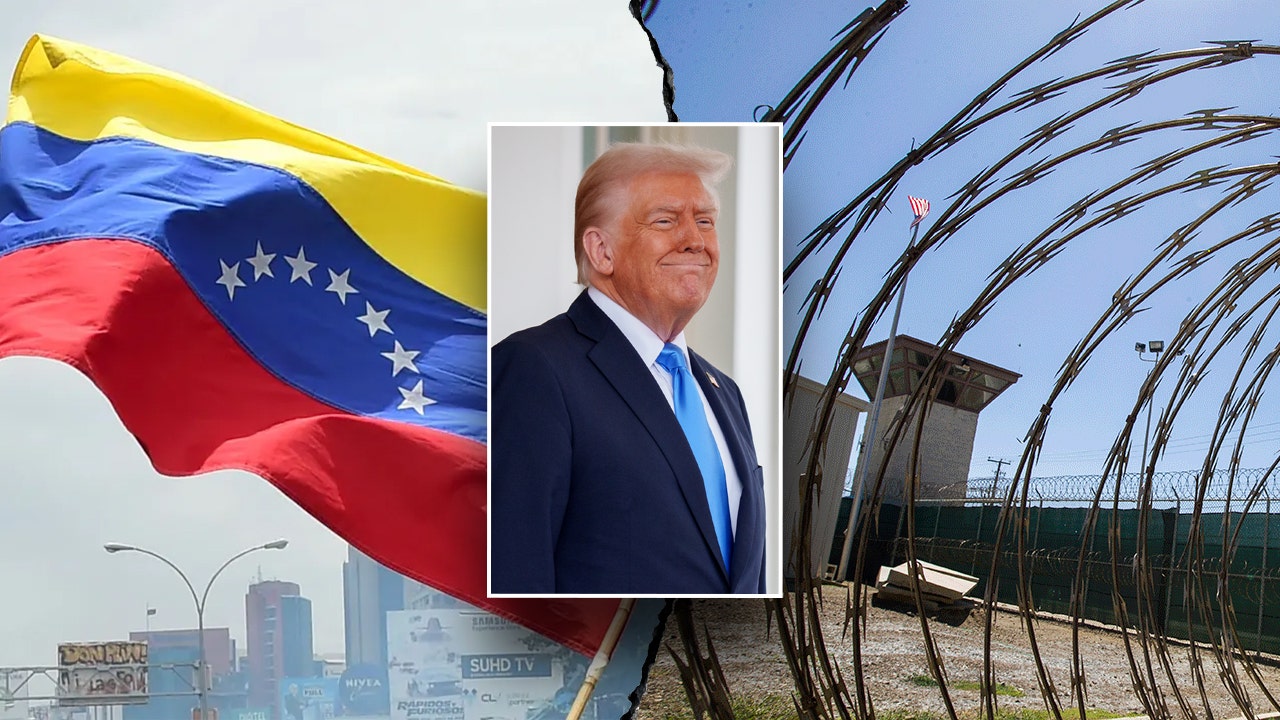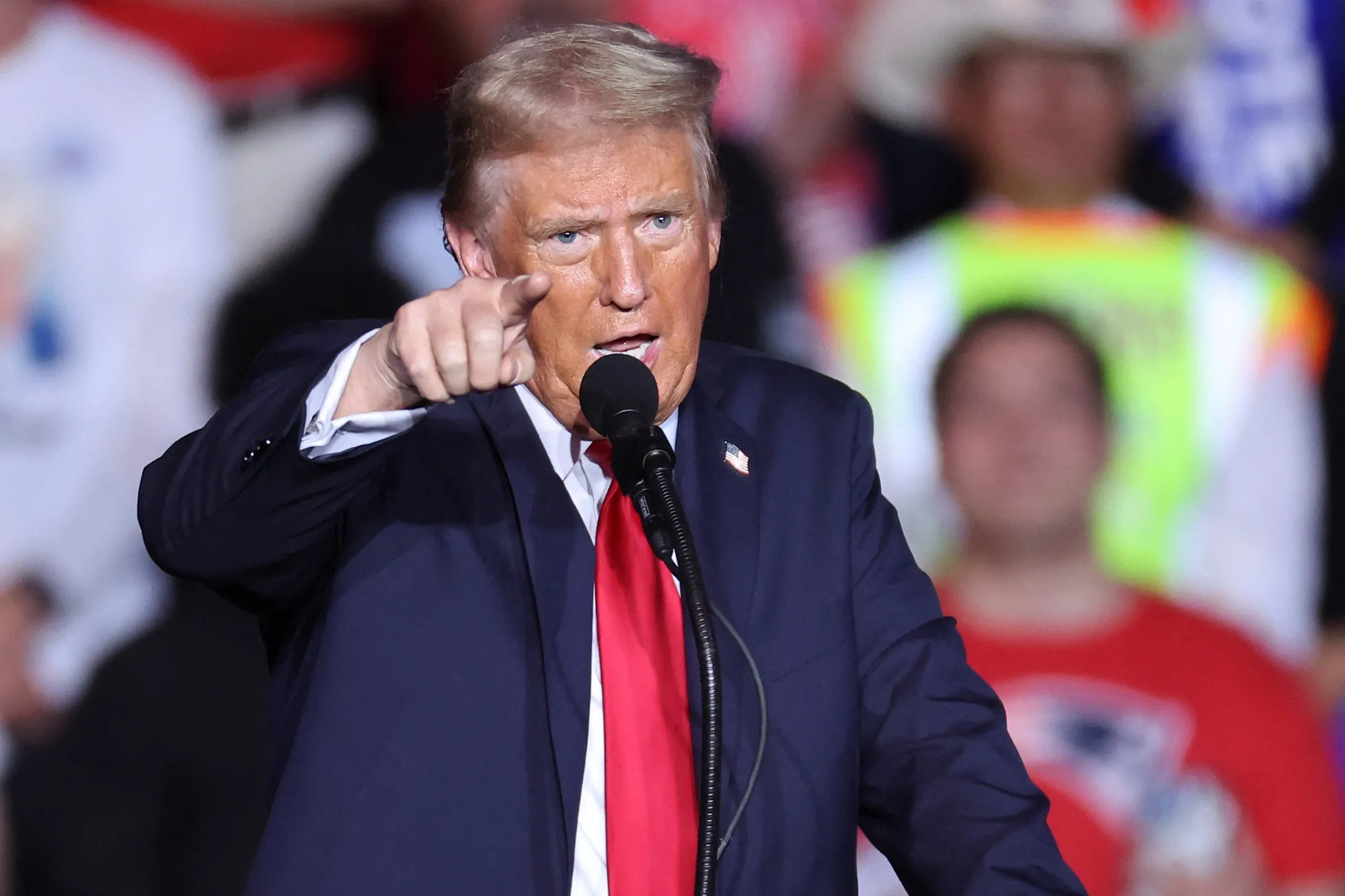
In a significant legal victory for immigrant rights advocates, a federal judge in Massachusetts has temporarily blocked the Trump administration from ending a Biden-era immigration program that has allowed more than half a million immigrants from Cuba, Haiti, Nicaragua, and Venezuela to legally live and work in the United States.
The ruling, delivered Monday by U.S. District Judge Indira Talwani, came just as the program’s expiration date loomed—on April 24, the Trump administration had planned to end the Parole for Cuban, Haitian, Nicaraguan, and Venezuelan Migrants (CHNV) program, which was created under the Biden administration as a temporary protection for migrants from these countries.
Judge Talwani’s decision to temporarily block the Department of Homeland Security (DHS) from removing these protections represents a temporary reprieve for hundreds of thousands of immigrants who had been at risk of losing their legal status.
Under the CHNV program, immigrants who were approved for parole were allowed to live in the U.S. for up to two years, apply for work authorization, and pursue permanent status adjustment.
The ruling is a powerful reminder of the continuing battle over immigration policy under Trump’s second term, which has seen increased tensions between the executive branch and the judiciary over the scope of presidential power and immigration enforcement.
In her 41-page ruling, Judge Talwani expressed concerns about the harm migrants would face if their parole status were to lapse. She noted that many of the affected migrants had fled dangerous conditions in their home countries, and that forcing them to leave would not only expose them to danger but would also result in family separations and the loss of legal avenues for pursuing permanent residency.
“If their parole status is allowed to lapse, Plaintiffs will be faced with two unfavorable options: continue following the law and leave the country on their own, or await removal proceedings,” Talwani wrote.
“If Plaintiffs leave the country on their own, they will face dangers in their native countries, as set forth in their affidavits.”
For those unfamiliar with the intricacies of the parole program, it was designed as a temporary humanitarian measure that allowed migrants from four nations—Venezuela, Haiti, Cuba, and Nicaragua—to remain in the U.S. if they passed health and background checks and had a financial sponsor.
The initiative has been praised for offering safe, legal pathways to people fleeing political instability and economic hardship in their home countries, while critics argue that it only provides short-term relief and lacks a longer-term solution for migrants who wish to build a stable life in the U.S.
For advocates of immigrant rights, the ruling was a hard-fought win. Karen Tumlin, the founder and director of the Justice Action Center, an organization focused on defending the rights of immigrants, celebrated the decision as a major step forward for justice and fairness.
“This ruling is a significant step toward justice for not only the hundreds of thousands of people who entered the U.S. through this important process, but for the American sponsors who welcomed them to their homes and communities,” Tumlin said in a statement.
“With this decision, so many people throughout the country will be able to breathe a huge sigh of relief.”
The CHNV program has allowed over 500,000 migrants from these four countries to come to the U.S., providing them with the opportunity to live and work legally while they await further action on their immigration status.
Migrants from Venezuela, in particular, have faced economic collapse and political persecution under the regime of Nicolás Maduro. Cuban and Haitian migrants have fled similarly dire conditions, including economic instability and natural disasters.
For many, the program has been a lifeline, offering protection from deportation and a chance to rebuild their lives in safety.
The temporary injunction issued by Judge Talwani has put a stop to the Trump administration’s aggressive push to shut down the program and put the migrants at risk of deportation.
It buys time for legal challenges to continue, and it ensures that these individuals can stay in the U.S. legally while they pursue a path to permanent residency, potentially through other legal avenues, such as family-based petitions or asylum claims.
The Trump administration’s effort to end the CHNV program has been framed as part of a broader strategy to reduce what it sees as unnecessary immigration and to curb what Trump and his allies term the “illegal immigrant crisis.”
In the eyes of the administration, the CHNV program represented an open door to migration without clear pathways to permanent status.
Secretary of Homeland Security Kristi Noem defended the administration’s push to end the program, arguing that it provided short-term protection without leading to long-term solutions.
The program, Noem argued, gave people the opportunity to live in the U.S. without necessarily establishing the right to remain in the country permanently.
“We’re focused on creating more durable pathways to legal immigration,” Noem said in a statement. “Programs like CHNV, while well-intentioned, do not address the long-term needs of our immigration system, and they take up valuable resources that could go toward creating a more permanent solution for those who need it.”
The Trump administration also argued that the program was inefficient and costly, citing what it said were high administrative costs and low effectiveness in addressing the underlying issues of illegal immigration.
According to the Department of Homeland Security’s review, a significant portion of the program’s funds had been diverted to contractors, rather than directly benefiting the migrants.
In the administration’s view, immigration policy should prioritize merit-based pathways and limited government intervention—a philosophy that continues to define the Trump administration’s stance on immigration and border security.
The ruling by Judge Talwani is just the latest chapter in a long-running legal and political struggle over immigration policy under Trump. The administration has frequently pushed policies aimed at curbing immigration, often by using executive powers to bypass legislative action.
Executive orders, such as the one that instituted the travel ban on several Muslim-majority countries, and the controversial family separation policy at the U.S.-Mexico border, have sparked major legal challenges and been met with widespread protests.
While the administration has been successful in implementing some of its immigration policies, many of Trump’s moves have been struck down by courts or delayed indefinitely.
For instance, Trump’s efforts to revoke Temporary Protected Status (TPS) for migrants from several countries have faced legal hurdles, with courts consistently blocking those efforts until final rulings are made.
The ongoing legal battles over immigration are shaping the narrative heading into the 2026 midterm elections, where immigration reform and border security are likely to be prominent issues for both parties.
Democrats are pushing for comprehensive immigration reform that includes a pathway to citizenship for undocumented immigrants, while Republicans continue to press for stricter enforcement measures and restrictions on immigration.
For the 500,000 migrants who stand to be affected by the potential end of the CHNV program, the ruling represents not just a temporary victory but a symbol of the ongoing struggle for immigrant rights in the U.S.
These individuals are often the most vulnerable: many are fleeing political unrest, poverty, and violence in their home countries, and the opportunity to stay in the U.S. has allowed them to rebuild their lives.
However, the legal battle is far from over. The Trump administration has already indicated its intention to appeal the ruling, and the future of the CHNV program remains uncertain.
Even with the temporary injunction in place, the program is set to expire on April 24, unless further legal action is taken to extend its protections.
In the meantime, immigrant rights organizations are urging Congress to act swiftly to provide permanent solutions for the beneficiaries of the program. They are calling for a path to permanent residency and the opportunity for these individuals to remain in the country legally without fear of deportation.
“We need Congress to pass comprehensive immigration reform that gives these families stability and certainty,” said Karen Tumlin, the director of the Justice Action Center. “They’ve been through enough. They deserve to stay in this country with the protections they’ve earned.”
The legal and political drama surrounding the CHNV program is more than just a policy debate—it’s a reflection of the broader ideological divide over immigration in America.

While Trump’s administration seeks to eliminate temporary protections and impose harsher restrictions on migration, advocates argue for a more inclusive, humane approach to immigration that recognizes the value of immigrants to the nation.
For now, the temporary ruling in Massachusetts provides a brief respite for thousands of migrants, but it is also a reminder of how precarious the future of immigration policy remains under the Trump administration. The next few weeks will be crucial in determining whether the CHNV program will continue, and whether these families will be able to stay in the country they now call home.







